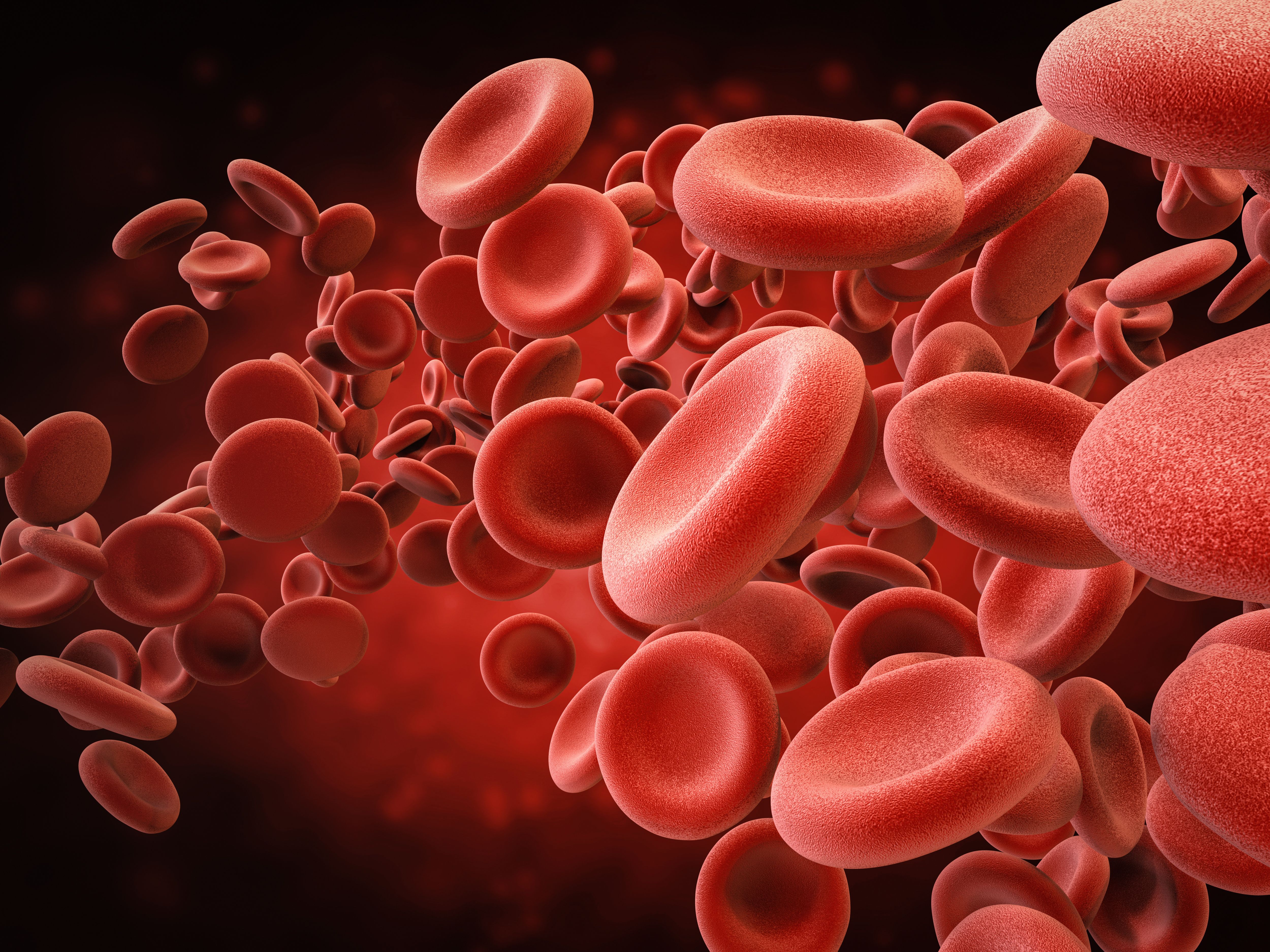Article
Clopidogrel Tops Aspirin for Long-Term Antiplatelet Therapy After PCI in High-Risk Patients
An analysis of data from the Fuwai PCI registry details the incidence of adverse events and risk of bleeding associated with clopidogrel monotherapy versus aspirin monotherapy 12 months post-PCI in high-risk patients.

Long-term use of clopidogrel monotherapy was associated with a lower risk of events than aspirin monotherapy beyond the 1-year mark after percutaneous coronary intervention (PCI) in high-risk patients, according to a new analysis of data from more than 7000 patients.
Presented at the Society for Cardiovascular Angiography and Interventions (SCAI) 2022 Scientific Sessions, results of the study indicate use of clopidogrel monotherapy was associated with a reduced risk of net adverse clinical events (NACE) and major adverse cardiovascular and cerebrovascular events (MACCE) compared with aspirin monotherapy in patients requiring long-term antiplatelet therapy during the chronic maintenance period of treatment.
“These findings show for the first time clopidogrel monotherapy is associated with reduced risk of long-term NACE and MACCE,” said Hao-Yu Wang, of the Chinese Academy of Medical Sciences and Peking Union Medical College, in a statement. “Our results may have important practical implications for determining the optimal treatment for patients requiring a single antiplatelet drug, either aspirin or clopidogrel, for secondary prevention of ischemic events in high-risk PCI population.”
With the advent of newer therapies and more recent revelations around the effects of aspirin in prevention of cardiovascular disease, numerous studies have been launched to compare the potential real-world safety and efficacy of aspirin monotherapy against newer agents in various patient populations with an indication for antiplatelet therapy. In the current study, Wang and a team of colleagues sought to assess the effects of clopidogrel monotherapy against aspirin monotherapy in patients who had received antiplatelet monotherapy longer than 12 months and were free from ischemic and bleeding events at 12-month post-PCI without extended duration of dual antiplatelet therapy.
For the purpose of analysis, investigators used the prospective Fuwai PCI registry as the data source for their study and identified 8377 consecutive patients at high-risk for both bleeding and thrombosis that satisfied at least one clinical and one angiographic criterion. The primary outcome of interest for the investigator’ was the incidence of NACE from 12-30 months. Secondary outcomes of interest included incidence of MACE and major or clinically relevant major bleeding events, which was classified as BARC type 2, 3, or 5 bleeding.
Of the 8377 identified for potential inclusion, 7392 were event-free after the first year and adherent to DAPT. From this group, investigators identified 5230 patients who received monotherapy, with 1540 receiving clopidogrel monotherapy and 3690 receiving aspirin monotherapy for inclusion in their final analytical cohort. The overall cohort had a mean age of 58.54±10.14 years, 75.8% were male, and 65% received PCI for acute coronary syndrome.
Upon analysis, results suggested incidence of NACE was lower with clopidogrel monotherapy between 12 and 30 months than with aspirin monotherapy, with event rates of 2.3% and 4.4%, respectively (aHR, 0.550 [95% CI, 0.384-0.788]; P=.001). Secondary analyses revealed clopidogrel monotherapy was also associated with lower risk for MAACE (aHR, 0.447 [95% CI, 0.278-0.718]; P=.001), as well as lower incidence rates of all-cause mortality (0.6% vs 1.5%; P=.023), myocardial infarction (0.4% vs 0.9%; P=.058), and stroke (0.4% vs 1.3%; P=.008) compared to aspirin monotherapy.
When assessing safety outcomes, results indicated the difference in risk for BARC type 2, 3, or 5 bleeding was similar between both study arms, with incidence rates of 1.3% with clopidogrel monotherapy and 1.7% with aspirin monotherapy (aHR, 0.738 [95% CI, 0.429-1.272]).
“In this real-world study, clopidogrel has effects on all-cute and cardiovascular mortality, as well as stroke, compared with aspirin monotherapy. Therefore, this strategy might be an effective alternative to aspirin for secondary prevention of cardiovascular disease,” Wang added during his presentation at SCAI 2022.
This study, “Clopidogrel Monotherapy vs. Aspirin Monotherapy for Chronic Maintenance Beyond 12 Months After PCI Among Patients With a High Risk of Ischemic or Bleeding Events,” was presented at SCAI 2022.




